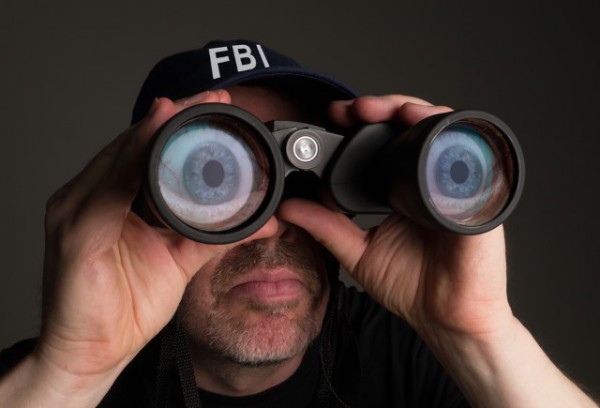Surprise, surprise! Microsoft exec says the government is spying on you

Intelligence agencies may have begun life as a good idea -- a way to keep their respective countries safe -- and in the beginning we mostly trusted them. But their overt secrecy soon became apparent with things like the famous Roswell incident and the best known "secret" location in the world -- Area 51.
But there’s much more to the secretiveness than just speculation of little green men. If we didn’t already suspect as much, Edward Snowden showed us a lot of what went on behind-the-scenes in these clandestine agencies.
All of these government branches have denied spying on US citizens, despite being contradicted by Snowden. However, James Clapper, when he was head of the National Security Agency (NSA), carefully worded his statement to congress when asked "Does the NSA collect any type of data at all on millions or hundreds of millions of Americans?" He replied saying, "not wittingly".
Fast forward to now and we again get told that, yes, the government does spy on us. In front of congress, Microsoft’s corporate vice president for customer security and trust, Tom Burt, testified to the House Judiciary Committee.
Burt was there regarding the recent revelation of data being sought under AG Barr on reporters and members of congress. However, he revealed the harvest went much deeper. He testified that the agencies began to sometimes ask for requests to be kept quiet, but developed "a practice of reflexively asking to keep even routine investigations secret."
"What may be most shocking," he said, "is just how routine court-mandated secrecy has become when law enforcement targets Americans’ emails, text messages, and other sensitive data stored in the cloud."
Burt went on to cite numbers, saying that Microsoft receives between 2,400 and 3,500 secrecy orders per year.
The odds your data is in their hands is, honestly, still pretty slim. You would have had to have been swept up in a net set for someone wanted for a crime or a foreign entity that means the US harm. Most of you are unlikely to fall into those categories. In others words, the grocery list you emailed to your spouse is pretty safe.
Photo credit: Bob Venezia / Shutterstock
